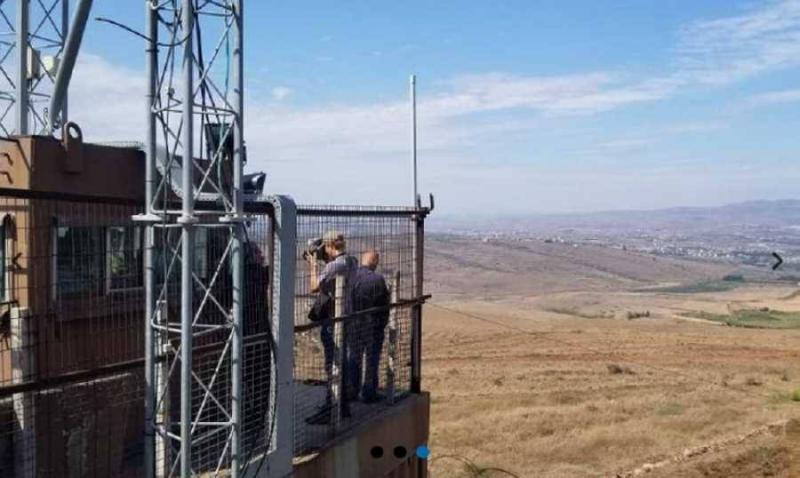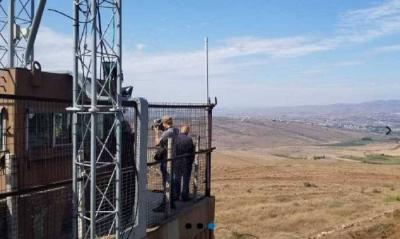Syria and Iraq have signed a security cooperation memorandum to regulate the borders between the two countries. Reports indicate that the agreement included several axes related to cooperation in combating drugs, controlling international borders, extradition of wanted individuals, combating organized crime, and money laundering. Under this agreement, security authorities were able to arrest a gang of 40 members described as an international gang. Iraq has constructed concrete walls extending about 140 kilometers long and three meters high to control part of the extensive border between the two countries, which totals approximately 599 kilometers. Regulating this border is challenging due to the geographical nature and natural communication between the two countries, as stated in "Nidaa Al-Watan."
While both countries have overcome the divisions of the past and the bloody conflicts that erupted between the two wings of the Arab Socialist Ba'ath Party during the presidencies of Hafez al-Assad and Saddam Hussein, the need for security and border regulation has become a shared interest for both countries, or at least this is how the situation is supposed to be. The issue of border disputes between countries is an ancient and inherited problem, often leading to fierce military conflicts due to disagreements over borders and the lack of specific demarcation points. Each party believes it has the rightful claim to the land, especially if the contested areas contain natural resources that yield financial returns for one state or another.
Although there may not be resources on the border between Lebanon and Syria, the need to regulate this border has become pressing, as violations have accumulated and require fundamental solutions. Establishing appropriate mechanisms to control over 375 kilometers is not easy, especially in the absence of political will to address the complex issues between the two countries.
One cannot overlook an important point in contemporary history: the economic and customs break between Lebanon and Syria occurred in 1950, just a few years after each gained national independence (and this may be one of the reasons for that rupture), which is unproductive to repeat even in the harshest phases of political deterioration between the two countries.
This is the crux of the matter, as the issue of borders cannot be reduced to a technical matter, despite its precision and difficulty, especially in rugged and intertwined geographical areas that are logistically challenging to regulate. More importantly is the political direction and decision of both countries, especially if there are significant questions regarding whether official entities benefit from the border irregularities to facilitate projects or business deals that benefit influential individuals or those close to authorities in either country.
Continuing with the matter of Lebanese-Syrian relations, one cannot ignore the issue of Syrian displacement into Lebanon, which has reached unprecedented levels and also requires fundamental solutions that respect international laws on one hand, and the supreme national interest of Lebanon on the other. This is perhaps one of the few files that enjoys a consensus among Lebanese, even if approaches, backgrounds, and perspectives vary.
The historical ambiguity in relations between the two countries can be resolved if peaceful political intentions are genuinely present, based on non-interference in each other's internal affairs, respecting the specificities of each country, and refraining from any actions that may provoke the other in this politically sensitive moment characterized by significant transformations in the Middle East and the Arab region as a whole, according to "Nidaa Al-Watan."




